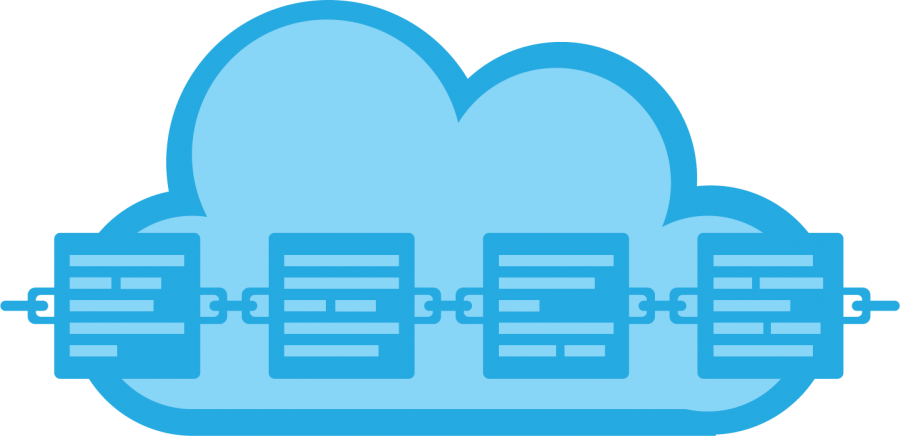Blockchain. You know it as the technology that powers Bitcoin, an internet currency that exploded in value from $1K to $13K per coin in 2017. Bitcoin and Bitcoin-like “cryptocurrencies” have become a cultural phenomenon, and even students are making investments. But blockchain is not just about creating a nouveau riche of Bitcoin billionaires.
The City of Austin, Travis County and the Dell Medical School think blockchain is also capable of making the world a better place: They want to use the technology to store identity documents for the homeless. They have partnered up to build such a system, called the MyPass Initiative. Although one might be skeptical of an effort to tailor an emerging technology for the homeless, it’s actually a pretty ingenious application of blockchain technology.
A blockchain-enabled app like MyPass would provide complete documentation of your identity, treatment history, vaccinations and other pertinent information to city departments, field workers and healthcare providers. This would replace physical documents like social security cards and medical records, which are easy to lose if you’re homeless, on top of being difficult to obtain in the first place.
Why use blockchain? It’s a technology that provides a continuous record of data that is decentralized, so a single person or entity cannot shut down or control the network. It is also unmodifiable, so that the record can be expected to be complete and historically accurate. To create a cryptocurrency like Bitcoin, blockchain is used to store a copy of every single transaction ever made. For an app like MyPass, blockchain would guarantee that the documents stored on it would exist in perpetuity and could only be modified by their owners.
According to Kerry O’Connor, chief innovation officer of the city’s Innovation Office, the idea was inspired by similar systems developed for overseas refugees. Homeless people often have access to the internet through the local library or their own smartphones, and outreach efforts have revealed interest in an app or service that can permanently store their documents.
MyPass is still conceptual at this point. There are potential privacy concerns, since identity documents and medical records are sensitive information. The city must also think through the user experience — for example, O’Connor says the team is exploring the use of biometrics to log in to the service. Nonetheless, MyPass represents a commendable attempt by the city to leverage blockchain technology to create a useful a public service.
Unlike the greed-driven gold rush of cryptocurrencies that blockchain has spawned, MyPass is an innovative service that will benefit society’s most disadvantaged members.
Young is a computer science senior from Bakersfield, California.





















